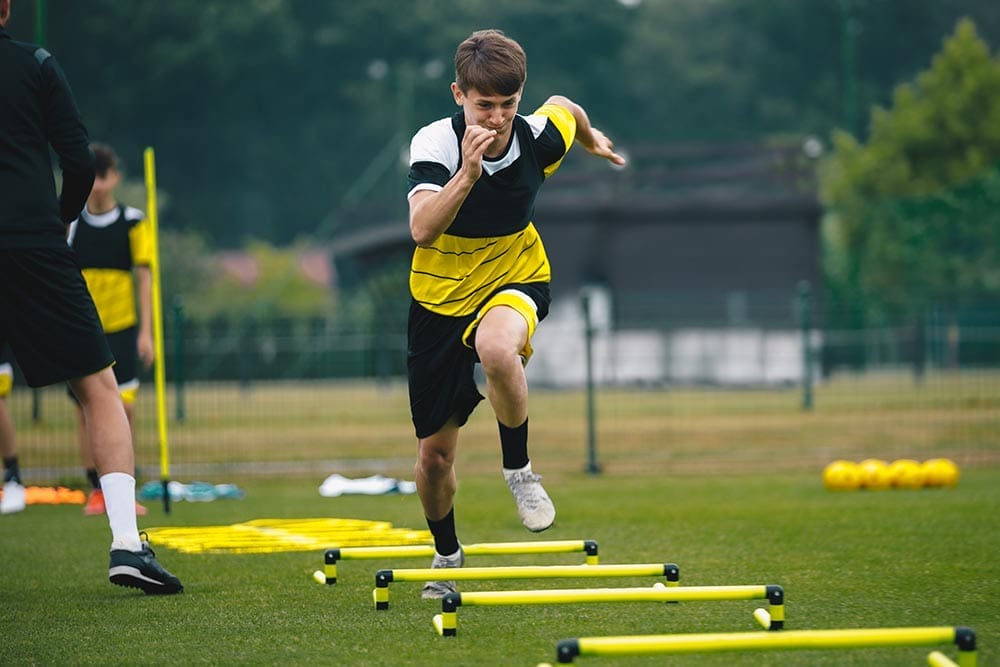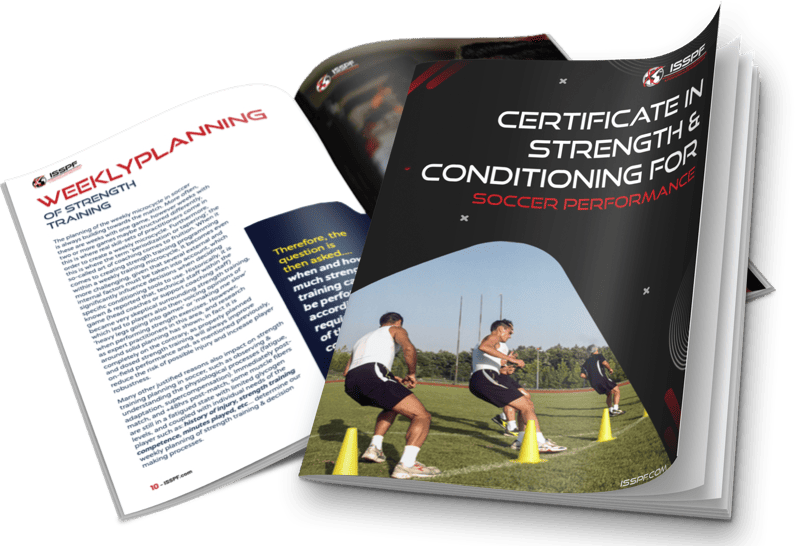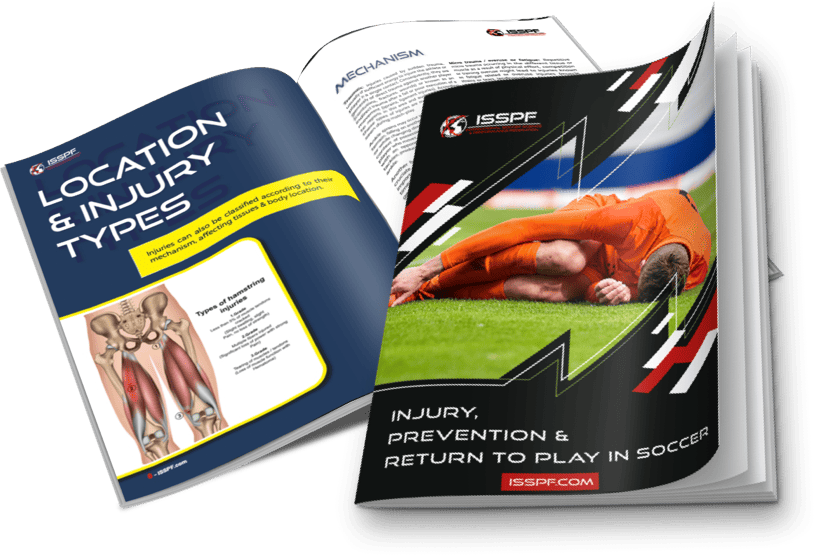ISSPF FACULTY MEMBER PUBLICATION
Golinski D., Andrzejewksi M et a., (2014)
TRENDS in Sport Sciences
2014; 3(21): 153-160.
In soccer, the final match result in team games, especially association soccer, is determined by multiple factors…
…one of them is a players physical preparation which not only affects the level of physical activity of individual players and the whole team, but also the execution of players’ technical-tactical skills and performance efficiency during the game.
Physical training has also a significant influence on the effectiveness of analytical and decision-making processes in the player’s brain, especially in making quick and accurate decisions in conditions of incremental fatigue during match-play.
It also determines the dynamics of recovery processes during and after sports competition.
Study of 2014 World Cup Players
This particular study examines the endurance capacity and selected technical-tactical skills of soccer players participating in the 2014 World Cup in Brazil.
The results indicate the significant impact of players’ motor preparation level on the execution of technical-tactical actions in top-class soccer tournaments. The covered distance by players during a match is one of the most important indices used for assessment of players’ endurance capacity.
The analysis revealed that the Spain and Italy national teams which attained very high passing efficiency and total number of passes failed to advance to the knockout stage of the tournament.
The analysis of the structure of match performance, especially by elite teams, is necessary for rational programming of endurance training in professional soccer.
The knowledge of endurance loads at top-level soccer tournament permits the optimization of modern soccer training.
Practical Application
- The motion analysis of the 2014 World Cup matches proves that the development of endurance skills still dominates the process of motor preparation of players before top-class soccer tournaments.
- A higher level of endurance allows an improvement of overall match performance intensity, better fatigue tolerance and faster recovery during and after a match.
- This all also contributes to players’ more effective execution of technical-tactical actions and to the better realization of players’ potential.
- Another determinant of the match result is ball possession – with the present analysis showing that the teams advancing to the Round of 16 possessed the ball for longer (53.38%) than the non-advancing teams (46.63%). This means in practice that a longer ball possession time does significantly affect the match outcome.
Share this article:








